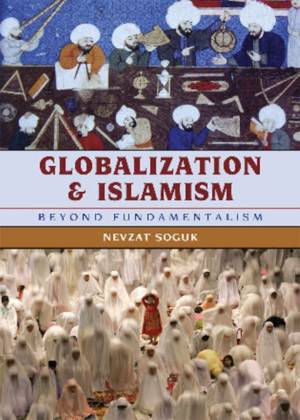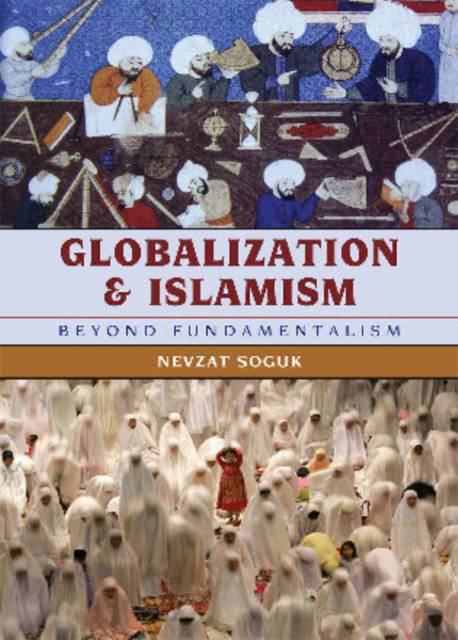
Bedankt voor het vertrouwen het afgelopen jaar! Om jou te bedanken bieden we GRATIS verzending (in België) aan op alles gedurende de hele maand januari.
- Afhalen na 1 uur in een winkel met voorraad
- In januari gratis thuislevering in België
- Ruim aanbod met 7 miljoen producten
Bedankt voor het vertrouwen het afgelopen jaar! Om jou te bedanken bieden we GRATIS verzending (in België) aan op alles gedurende de hele maand januari.
- Afhalen na 1 uur in een winkel met voorraad
- In januari gratis thuislevering in België
- Ruim aanbod met 7 miljoen producten
Zoeken
€ 67,45
+ 134 punten
Uitvoering
Omschrijving
This book explores non-Arab Islamic orientations, convincingly showing that Islam as a historical force has been characteristically more tolerant, pluralistic, and flexible than contemporary Islamist movements suggest. Nevzat Soguk argues that the current Western focus on Wahabi fundamentalism has obscured past and present cosmopolitan Islamic traditions around the world. He highlights the often-overlooked forms of Islam in Turkey and in Indonesia, which holds the world's largest population of Muslims. By focusing on these two countries, he fills a significant void on the diverse role Islam is poised to play in shaping regional and global political futures. Original, timely, and humane, this book will be essential reading for all those concerned about repairing Western-Islamic relations.
Specificaties
Betrokkenen
- Auteur(s):
- Uitgeverij:
Inhoud
- Aantal bladzijden:
- 246
- Taal:
- Engels
- Reeks:
Eigenschappen
- Productcode (EAN):
- 9780742557512
- Verschijningsdatum:
- 16/10/2010
- Uitvoering:
- Paperback
- Formaat:
- Trade paperback (VS)
- Afmetingen:
- 162 mm x 227 mm
- Gewicht:
- 376 g

Alleen bij Standaard Boekhandel
+ 134 punten op je klantenkaart van Standaard Boekhandel
Beoordelingen
We publiceren alleen reviews die voldoen aan de voorwaarden voor reviews. Bekijk onze voorwaarden voor reviews.









